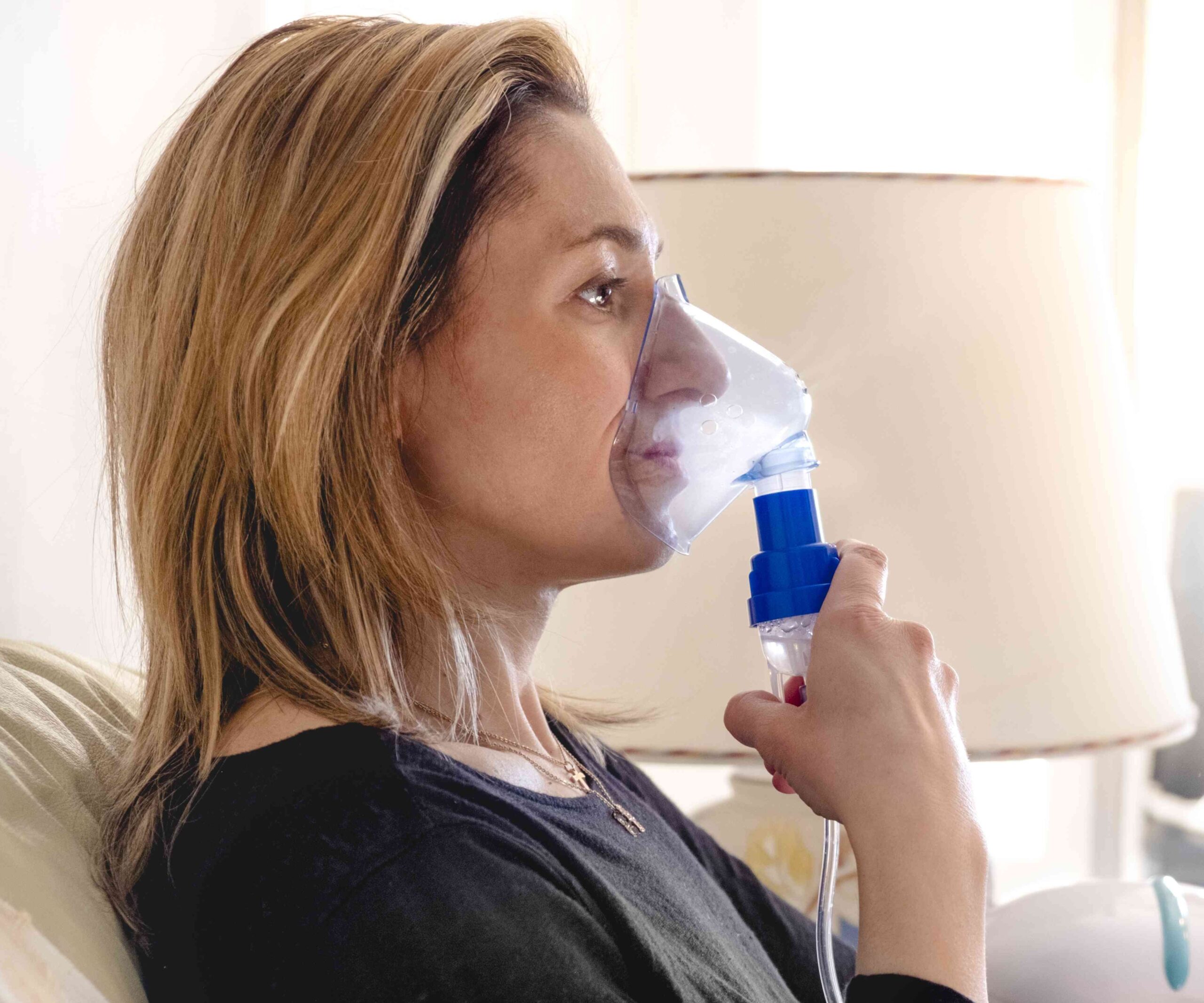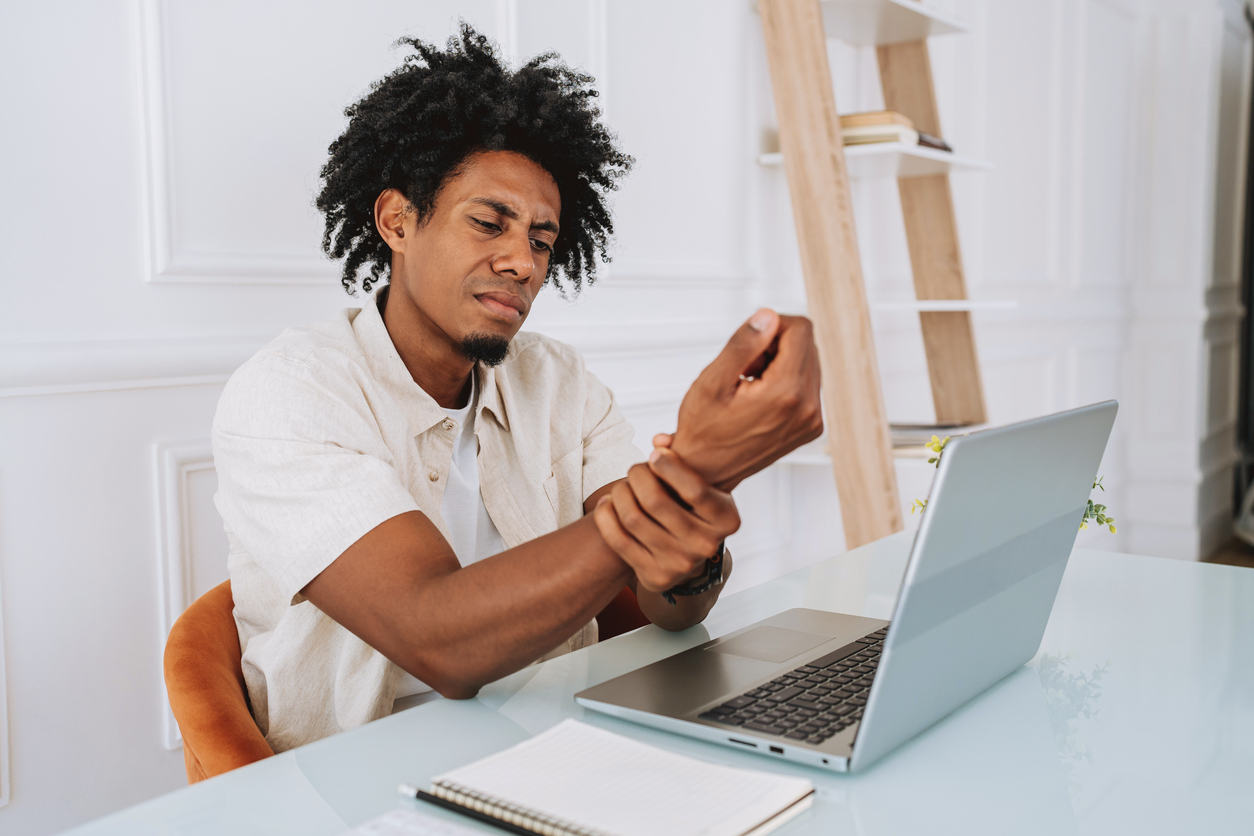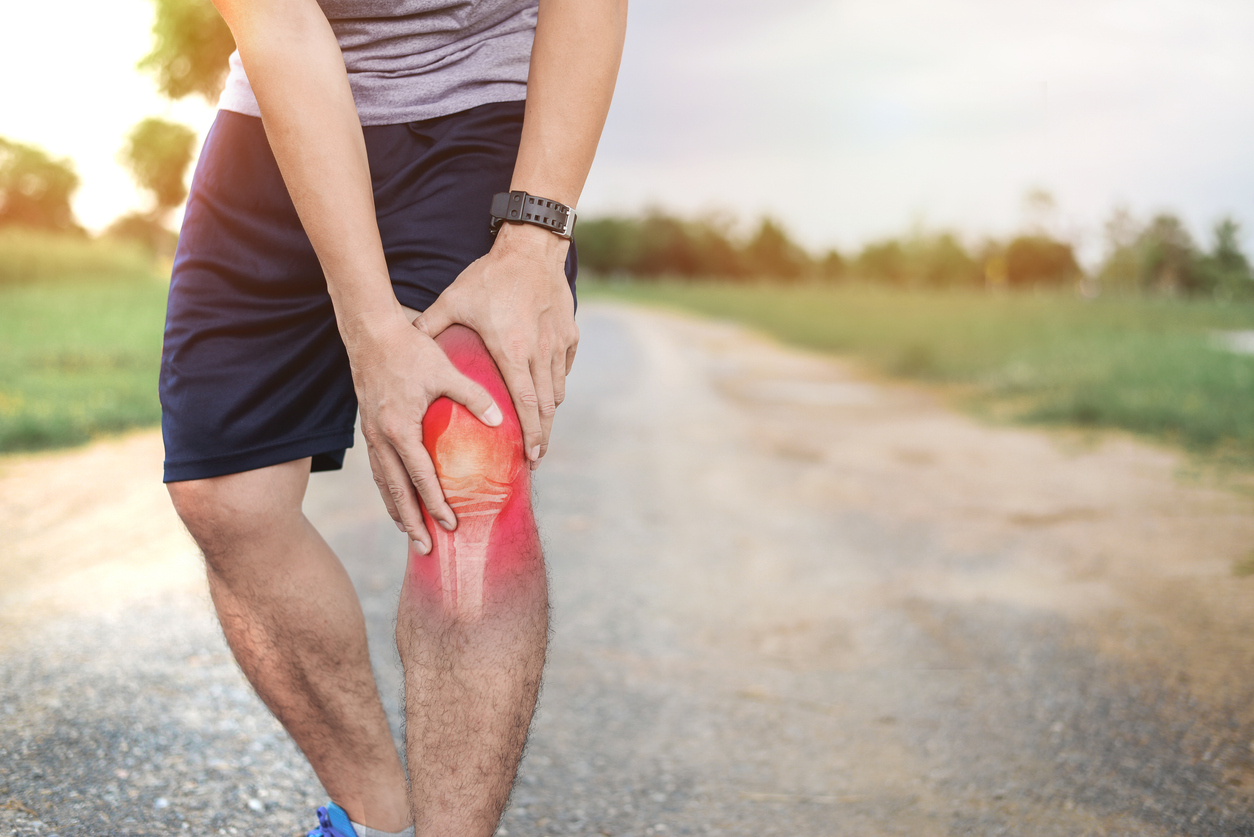
Strong Footwear, Strong Feet: Optimize Health for Your Feet, Ankles, & Knees
Our feet carry us through life’s many adventures, especially during the vibrant spring and summer months. However, the joy of these seasons can be marred by foot, ankle, and knee pain, much of which stems from the footwear we choose.
At Palmetto Bone & Joint, we understand the profound impact that the right shoes can have on your orthopedic health. In this post, we’ll help you navigate the dos and don’ts of selecting footwear that not only elevates your style but also supports your feet, ankles, and knees, ensuring you enjoy every outdoor activity pain-free.
Why Proper Footwear is so Important
Proper footwear isn’t just a comfort concern, it’s a foundational component of orthopedic health, and it directly impacts various levels of foot, ankle, and knee pain. Shoes that lack adequate support or are ill-fitting can lead to a domino effect of orthopedic issues, ranging from minor discomforts, like blisters and calluses, to more severe conditions like plantar fasciitis, and Achilles tendonitis, and can even lead to the development of arthritis.
On the other hand, the best orthopedic footwear is designed to provide the necessary support for the foot’s arch, impact cushioning, and a comfortable fit for the natural shape and movements of the foot. These features come together to distribute weight evenly, reduce stress on the joints, and promote a healthy gait, helping to minimize the risk of foot pain and similar orthopedic issues.
Finding the Right Footwear for Your Needs
Finding the right shoes is pivotal in maintaining optimal orthopedic health and avoiding foot pain. At Palmetto Bone & Joint, we guide our patients toward making informed decisions about their footwear, emphasizing features that contribute to comfort, support, and durability.
Here’s what to consider when choosing the best shoes for knee pain and overall orthopedic health:
- Support: Good arch support is essential, as it helps distribute your body weight evenly across your feet, reducing the strain on your ankles and knees. Shoes with inadequate support can lead to overpronation or supination, contributing to ankle pain and other issues.
- Cushioning: Adequate cushioning, especially in the midsole, absorbs the impact of your foot striking the ground, protecting your joints from excessive stress. This is particularly important for activities with high impact on the joints, such as running or jumping.
- Fit: A proper fit is crucial. Shoes that are too tight can lead to blisters and calluses, while those too loose can cause your foot to slide and increase the risk of ankle sprains. Ensure there’s enough room to wiggle your toes, but not so much that your foot shifts inside the shoe.
- Activity-appropriate: Different activities require different types of support and cushioning. Running shoes, for example, are designed differently from walking shoes or hiking boots. Choose footwear that’s specifically designed for the activity you’ll be engaging in most often.
- Breathability and Material: Shoes made from breathable materials help keep your feet dry and comfortable, reducing the risk of fungal infections and blisters. Natural materials like leather or modern mesh fabrics offer a good balance between breathability and durability.
Footwear Dos & Don’ts
Finding and selecting the right footwear is more than just looking at the newest trend or most popular brands, it’s about finding the footwear choice that gives you the greatest benefit to your orthopedic health. Keep these dos and don’ts in mind the next time you’re shopping for shoes.
Do
- Prioritize Support: Look for shoes that offer robust arch support and a snug fit around the heel. This support is crucial in stabilizing your steps and preventing undue stress on your ankles and knees.
- Choose Activity-Appropriate Shoes: Different activities exert different levels of pressure on your feet and joints. Ensure you’re wearing shoes designed for the specific demands of your activity, whether it’s running, hiking, or playing tennis.
- Opt for Quality Materials: Shoes crafted from high-quality, durable materials can provide better support and last longer, offering more value and better protection for your feet.
- Consider Orthopedic Shoes for Chronic Issues: If you have persistent foot pain or other orthopedic conditions, specialized orthopedic shoes or custom orthotics might provide the tailored support you need.
Don’t
- Sacrifice Comfort for Style: While the aesthetic appeal of shoes is important, it shouldn’t overshadow their comfort and functionality. Avoid shoes with excessively high heels, narrow toe boxes, or insufficient cushioning, as these can lead to foot pain and other issues.
- Ignore Fit and Size Changes: Our feet can change size and shape over time, so it’s important to measure your feet regularly and try on shoes before purchasing.
- Neglect to Replace Worn-Out Shoes: Even the best shoes lose their support and cushioning over time. Regularly inspect your shoes for signs of wear and replace them as needed to maintain proper support and prevent pain.
Special Orthopedic Health Concerns
When it comes to preventing or minimizing foot, knee, and ankle pain, certain individuals may need to pay extra attention to their footwear choices.
Those with pre-existing conditions like plantar fasciitis, arthritis, or flat feet may need shoes that have additional support or design considerations. Some cases may even call for custom orthotics.
Age-related changes may also change the size, shape, and sensitivity of your feet, meaning older adults may benefit more from shoes with increased stability and a wider base. Anyone in high-impact sports or activities should pay attention to shock absorption and support as well.
Embrace the Spring and Summer with Confidence
As warmer weather draws us outdoors, making sure your feet, ankles, and knees are all well supported is a cornerstone of being able to enjoy your favorite activities pain-free. Finding the right footwear for you can help safeguard your orthopedic health while also improving your overall experience.
Remember that by prioritizing support, fit, and appropriateness for your activities, you can protect your joints and maintain an active lifestyle, and Palmetto Bone & Joint can help guide you through challenging choices.
Palmetto Bone & Joint is a Leader in Orthopedic Footwear in South Carolina
Your orthopedic health is our top priority, and we’re dedicated to providing expert medical care and practical guidance. If you’re experiencing foot, ankle, or knee pain, or simply seeking advice on the best orthopedic footwear for your needs, reach out to Palmetto Bone & Joint to get started.



